China is one of France and Germany's major trading partners outside the EU and an important export market for goods such as luxury goods and pharmaceuticals from both countries.
As China becomes increasingly assertive in pursuing its economic and geopolitical interests abroad and US-China tensions escalate, many traditional US allies are considering following Washington’s lead in economic “decoupling” from China. Their strategy is to reduce economic dependence on China through export controls and supply chain reorganization.
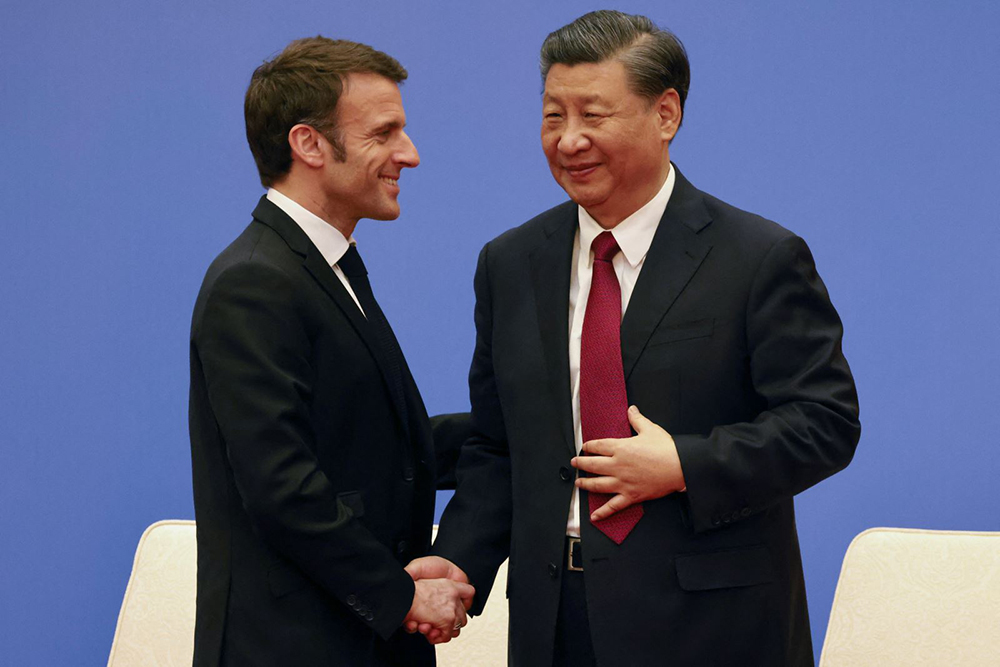 |
Chinese President Xi Jinping (right) and French President Macron. |
In Western Europe, however, France and Germany are showing little willingness to join their allies in decoupling from China, as demonstrated by French President Emmanuel Macron’s recent comments that the EU should not “get sucked into crises that are not ours.”
That is the opinion of Genevieve Donnellon-May, geopolitical and global strategic advisor on regional resource and environmental governance in Asia, Asia-Pacific analyst, on the website of the Australian Strategic Policy Institute (ASPI) recently.
In fact, France and Germany’s relationship with China is still going strong, according to Ms. Genevieve. China is one of France and Germany’s major trading partners outside the EU and an important export market for goods such as luxury goods and pharmaceuticals from both countries.
For example, exports to China accounted for 7.4% of Germany's total exports and 4.21% of France's in 2019, and these figures have risen to record levels over the past three years. With China's growing middle class, the country will have a huge potential consumer market in the coming years.
According to recent reports, France's bilateral trade in goods with China exceeded $100 billion for the first time in 2022, up 14.6% from 2021. The signing of dozens of cooperation agreements by many French and Chinese companies in various sectors during President Macron's recent visit to Beijing further emphasized the cooperative relationship between the two sides.
For Germany, its total trade with China has increased by 21% since 2021. Meanwhile, exports increased by a modest 3.1%, while German imports from China increased by more than 30%.
In particular, Germany imports about two-thirds of its rare earth elements from China, many of which are essential for batteries, semiconductors and magnets in electric cars. This means that Germany and France will become more dependent on China for the critical raw materials needed to fuel economic growth and the energy transition.
Furthermore, many French and German companies want to develop long-standing production bases and extensive sales networks in China. With trade relations expanding rapidly and estimates that more than 2 million German jobs depend on exports to China, the economies of the two sides will become even more intertwined.
For example, German companies Volkswagen and chemical processing company BASF are significantly expanding their investments in China. Volkswagen, which already has more than 40 factories in China, recently announced it would invest billions of dollars in new local partnerships and manufacturing sites. BASF, which has 30 companies in China, said it would invest $10.9 billion in a new chemical manufacturing complex there.
With all these new activities, decoupling from China could have significant consequences for France and Germany. In short, the losses of decoupling from China could outweigh the benefits that France and Germany would gain by doing so.
In addition, decoupling could trigger retaliation, as it did with Australia, with Beijing potentially halting exports to the two countries, raising tariffs or restricting access to the Chinese market for French and German goods. Overall, Genevieve concludes, France and Germany are unlikely to change their stance.
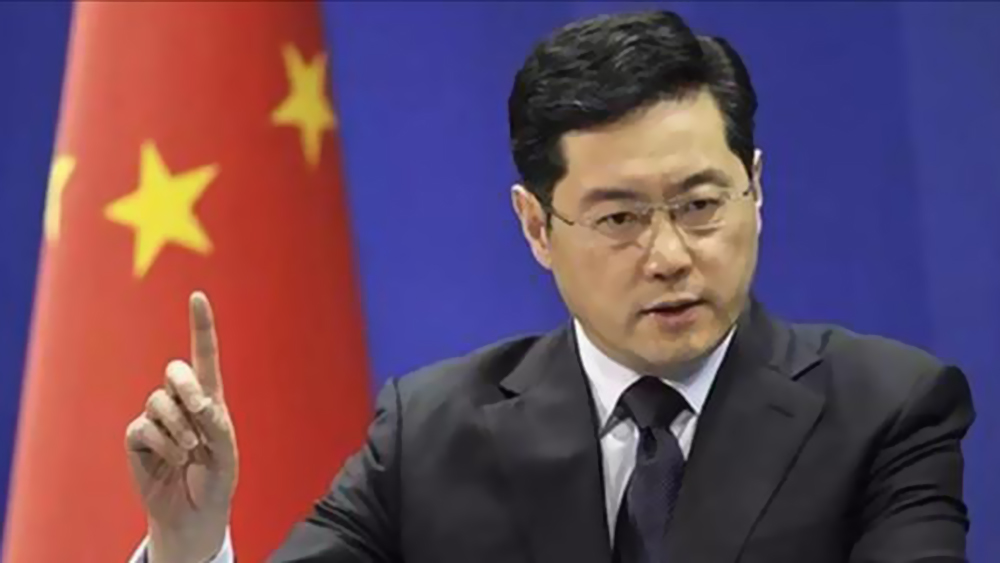
Chinese State Councilor and Foreign Minister Qin Gang called for efforts to maintain stability in the China-Myanmar border area and promote friendly cooperation between the two countries, Xinhua reported on May 2. The statement was made by Minister Qin Gang during an inspection tour of the China-Myanmar border area in southwestern China's Yunnan Province.
According to VNA
China,US,Germany,France,supply chain,EU,pharmaceuticals,EU,Beijing,exports,semiconductors,electric cars,batteries,USD,Washington,consumer market,US-China tensions,Chinese president,Xi Jinping
Source link


























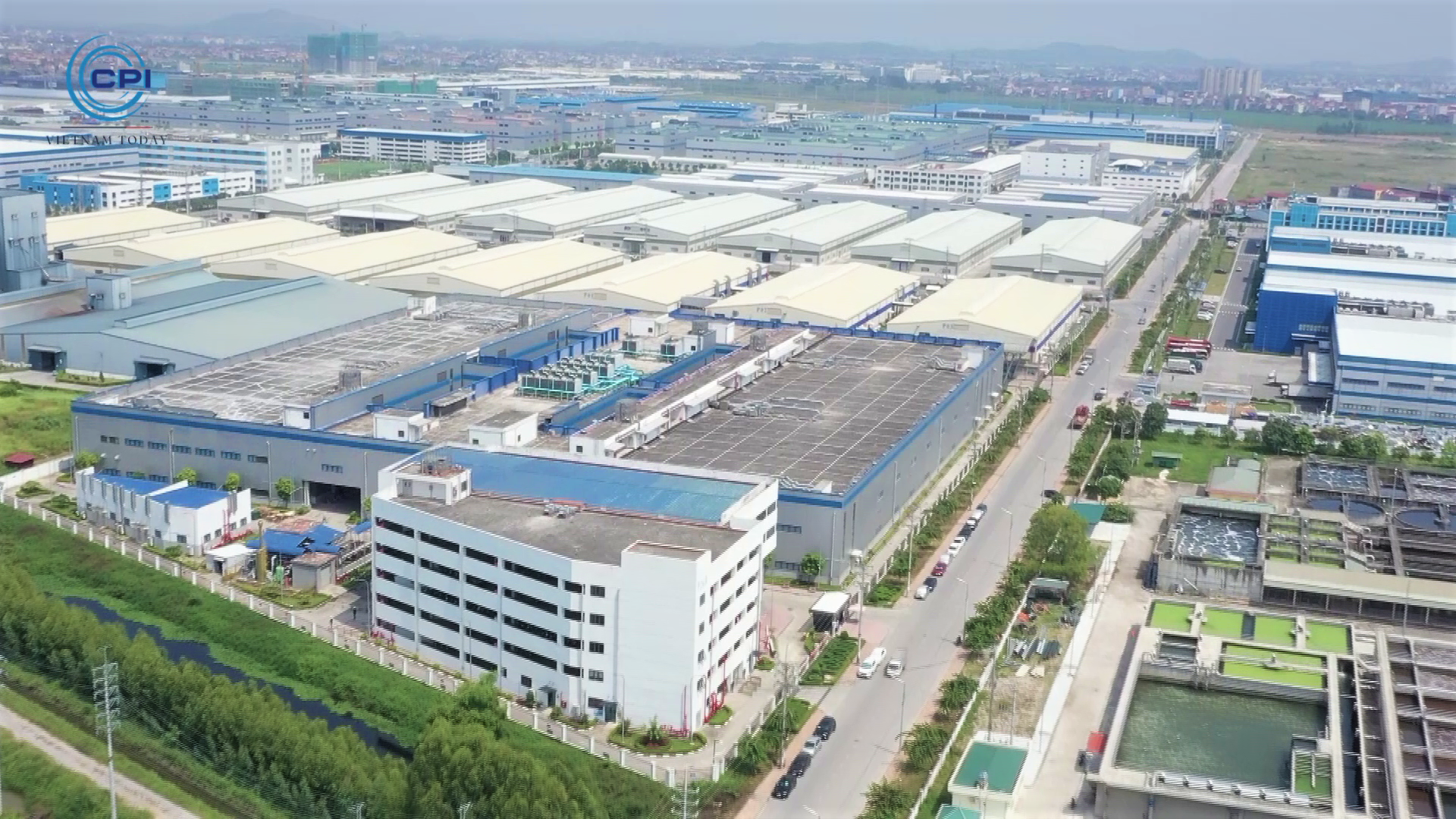


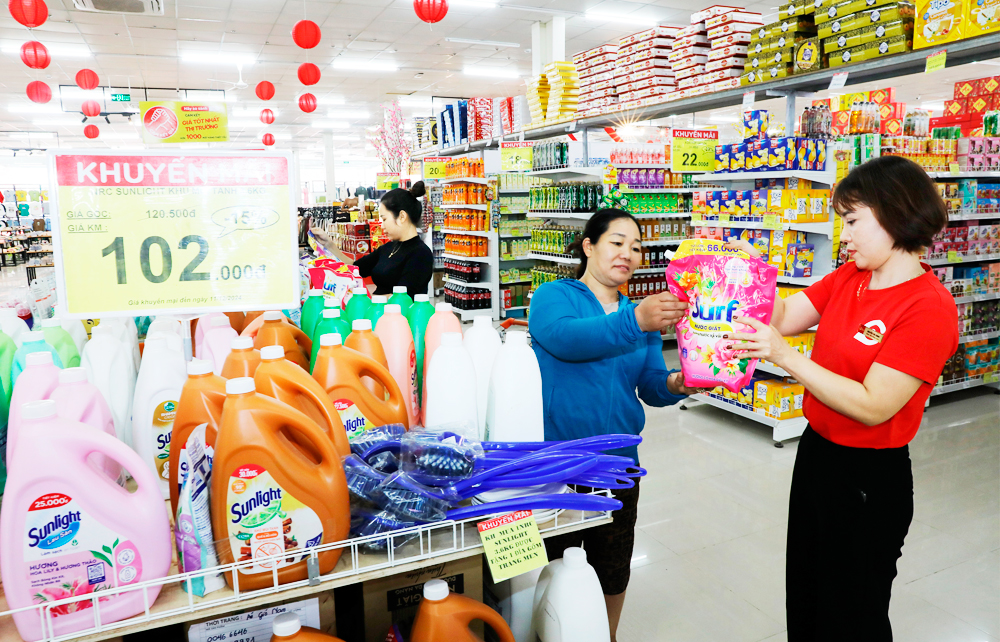
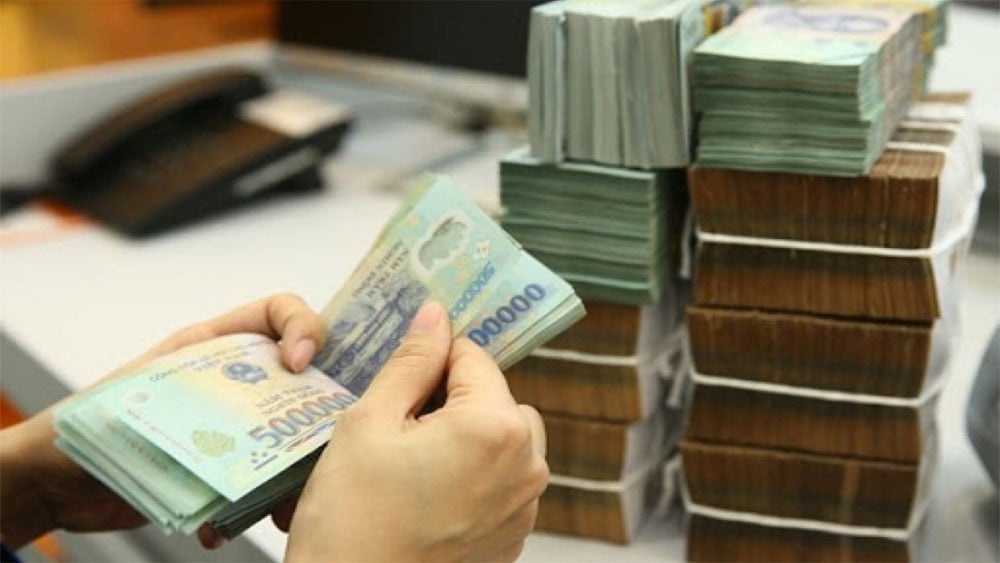




















Comment (0)